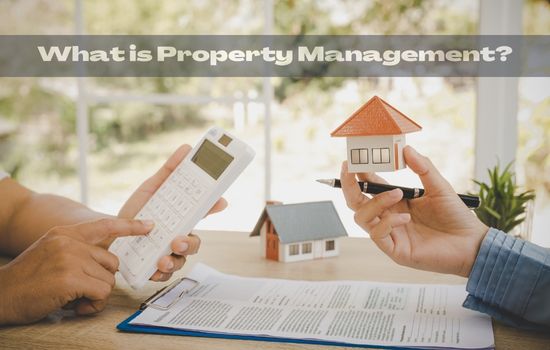Property management refers to the overseeing and management of various commercial and residential real estate properties when the landowner doesn’t have the time, skill, or experience to handle the property. The activities involved in property management are taking care of all the daily operations for a property which include maintenance, collecting rent, handling tenant complaints, checking the legal requirements, and more. However, the responsibilities of the property managers primarily depend on their contract with the landlord.
Table of Contents
What is property management and what does a property management company do?
Property managers offer a complete range of real estate services that are related to the care and maintenance of one or multiple rental estate properties. To elaborate, the job of property managers is to make sure that your investment property is a success. The range of their responsibilities includes the following:
- Attract potential rental applicants by advertising listings
- Monitoring, administrating, and enforcing leasing agreements
- Collecting monthly rent payments, if any
- Scheduling timely maintenance and repairs
- Maintaining a record of financial statements and sending monthly reports to the landowner
- Maintaining positive tenant relations and initiating the eviction process, if required
Moreover, most property management professionals are well-versed in property management software that helps automate a lot of the work they do which ensures that all the tasks are completed and reports can be generated with 100% accuracy. Additionally, the property management software solution makes it much easier to manage front office functions and balance other daily operations more efficiently.
How much does property management cost?
The fee/cost that a property manager or management company charges depend typically on the particular company and location. However, the average cost is usually between 6% – 12% of the property’s overall monthly rental income.
Additionally, a percentage-based management fee might also be added by the property manager to the following costs:
Management fee:
Some property managers or companies charge a flat fee for their services rather than a percentage. This management fee cost varies based on the company or individual and the location.
Maintenance fee:
Maintenance costs are part of managing a property, whether you’ve hired someone to help or not. In some cases, property managers include the charge of maintenance that they have to undertake monthly to take care of the tenants, whereas others may bill you separately based on the incident. In either case, the manager or management company might charge you extra for providing their services in handling the incident.
Leasing fee:
Your property manager also charges a leasing fee, a new tenant placement fee, to cover the costs that they have incurred for marketing your property to potential tenants. This can include:
- The costs to market the property
- Managing Applications and tenants,
- Move-in costs
Similar to the other fees, this might be charged as a flat fee or a percentage of monthly rent.
Lease-renewal fee:
Some property managers charge a fee when a tenant wants to renew their lease as well because it covers the cost of the time it takes to renew the lease, checks for the tenant’s availability, and gets the tenant’s signature. Like the other fees, this might be a flat rate or a percentage of monthly rent.
All in all, property managers offer great help to real estate investors who are not near the properties they own or simply lack time for managing the property. The services are value for money, so there’s no harm in taking them. If you’re ready to purchase your next investment property, contact us and we shall offer you a number of properties at the best price. For more information visit: www.landsale4u.com
Surender Sharma
Land record is a generic term which is used to refer to a number of records. These include Records of Rights (RoRs), register of the lands, crop inspection register, tenancy, mutation register, disputed case register, and so on. Land record also includes certain geological information in regard to the land such as the shape and size of the land, type of soil on the land. It can also include the economic information in relation to the irrigation and crops.

